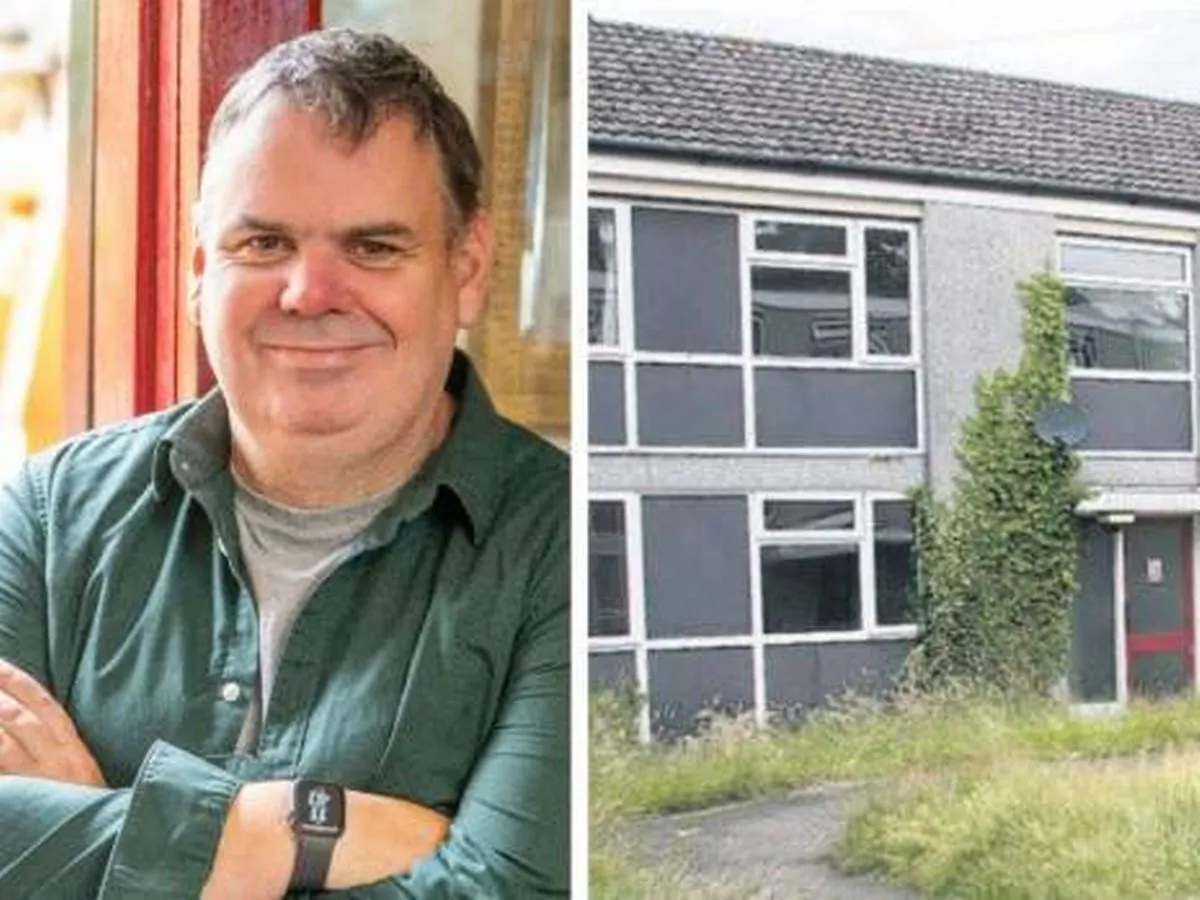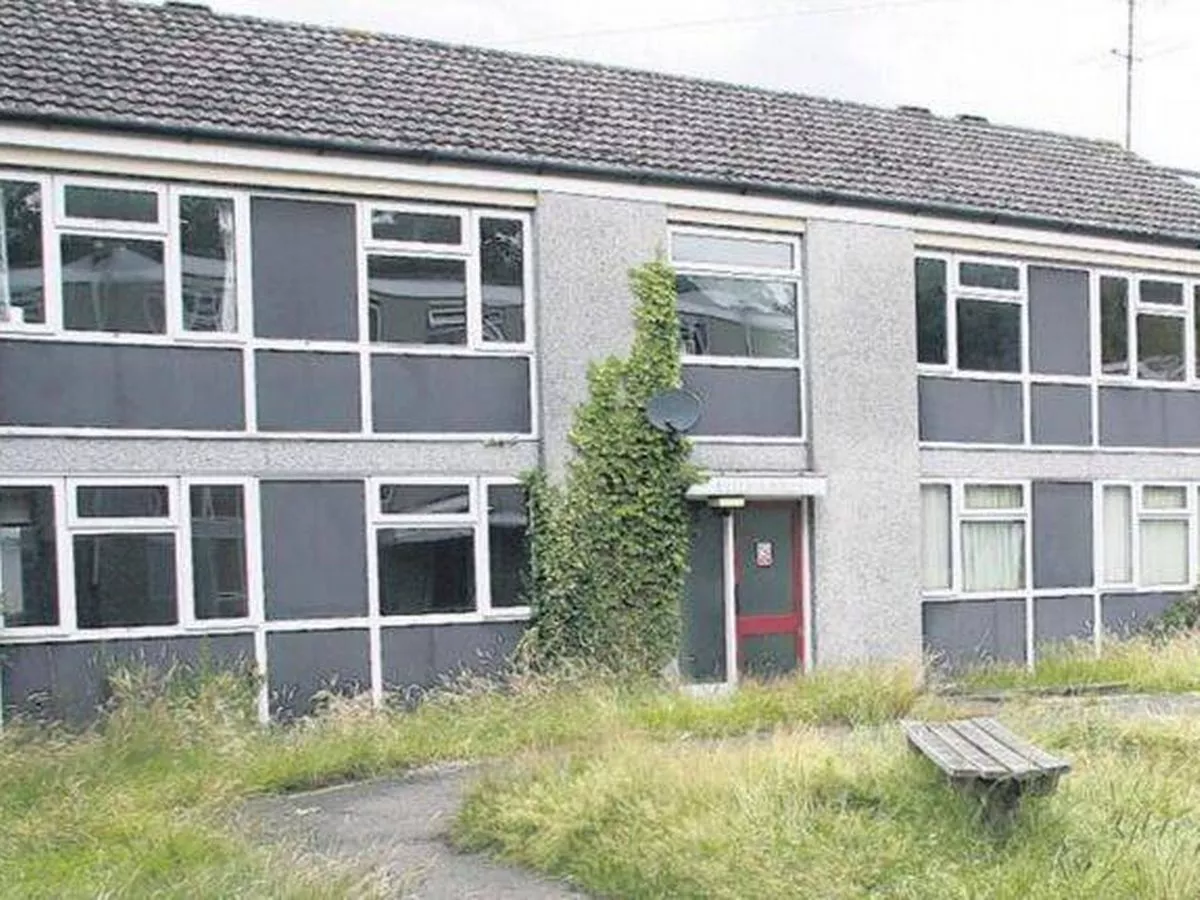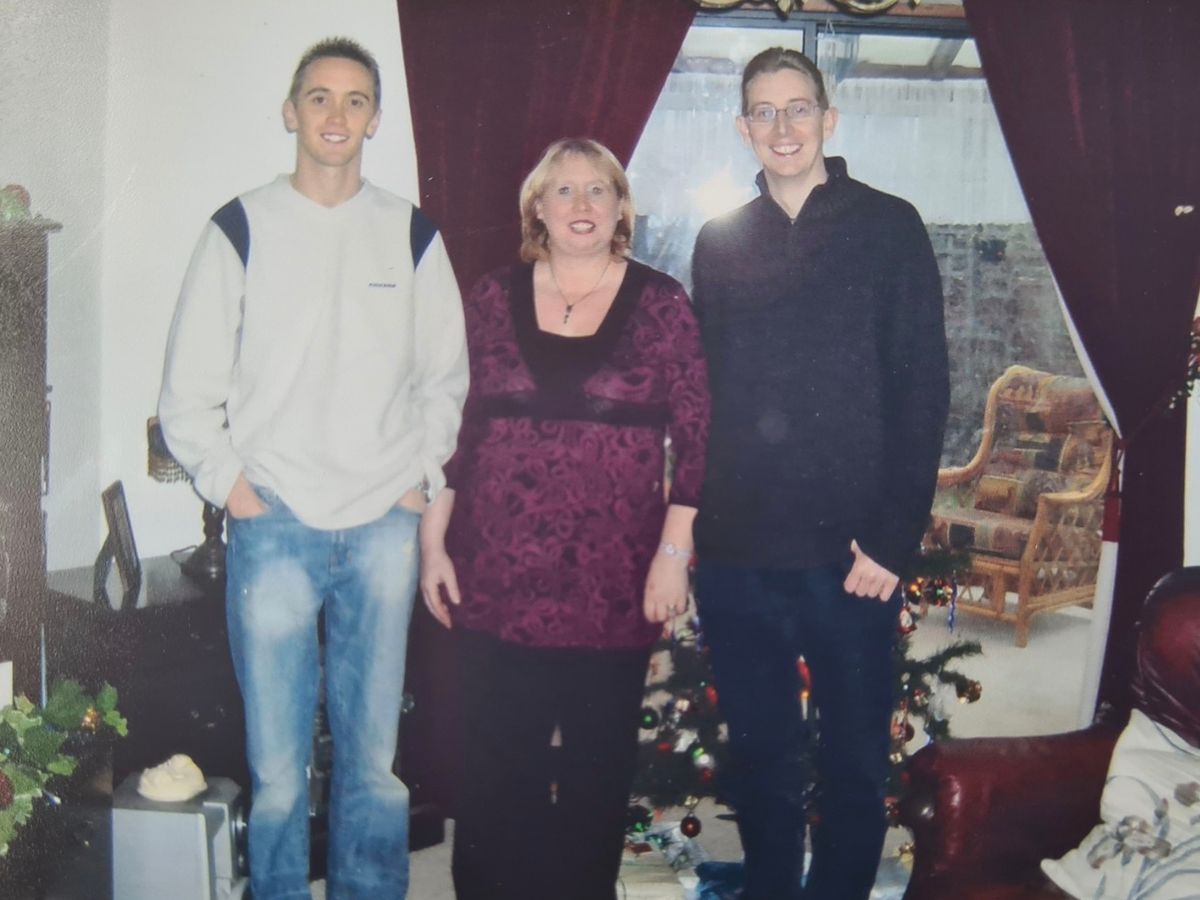Copyright irishmirror

An expert has examined the "heartbreaking" inner workings of a desperate man who decapitated himself with a chainsaw. David Phyall's living room was discovered splattered with blood across the floors, walls and cabinet when the 50-year-old tragically took his own life following eviction. He had resided in his 1960s property in a peaceful Hampshire village for eight years. The man, who had a history of mental illness, rejected offers of rehousing and was "irrationally opposed" to what he viewed as the "injustice" of being forced from his repossessed home of eight years. Phil Macleod, therapist and founder of Thought Leader told The Mirror: "This is a deeply distressing and disturbing case, but it highlights something we see often in people who live with extreme anxiety or long-term mental health issues – that real struggle to cope with change." The official cause of death was recorded as a "complete transaction of the neck" and "chainsaw wound to the neck.", reports the Mirror . Sergeant Mark Carter described finding David in a shocking condition in his lounge on 5 July. Coroner Simon Burge asked the officer: "It must have been a huge shock to you." Sgt Carter replied: "In some ways it was sir." Phil explained: "For someone like David, his home wasn't just a roof over his head, it was part of his identity, his safety, his entire world. When that's suddenly taken away, it can feel like an attack, even when no one means it that way." Indeed, David was adamant he wouldn't budge. Even after every other resident in his block had vacated and boarded up their flats, David stayed put. The inquest was told David had strongly resisted the demolition of his flat and despite substantial attempts by his housing association, he had turned down 11 alternative accommodation offers. The case went to court and his property faced repossession. Phil explained: "From a psychological point of view, people who already feel vulnerable can experience enforced change as a threat. The stress and pressure can build until it feels unbearable. If you're already anxious or struggle with mental illness, uncertainty can sometimes cause a switch in the brain which can turn into a constant state of alarm. "So for David, it isn't just the fear of moving, it's the fear of losing control and not being able to cope with what comes next. He thought it was the only way out and chose a horrific way to do it, which deepens the concerns over the state of his mental wellbeing at that time. It is said he planned it, so we can't pin it to irrational thoughts or a moment of madness. "It's heartbreaking, because it sounds as though David didn't see an alternative. He was so desperate to stay, even after being offered something similar. Support around him would have been essential.. perhaps if he had coping techniques or therapy-based tools to manage and stabilise his thought patterns, he may have been more emotionally sound and not taken his own life." He added: "When someone's anxiety is at dangerously high levels, logical and practical thinking, problem-solving or the ability to see an easy and clear solution can be severely affected, having a staggering detrimental effect on their emotional and physical safety. "If you see someone struggling mentally, stop and think how you can help them, a moment of care, understanding or kindness could truly change, or even save, a life. It's so important that anyone struggling reaches out and speaks to someone. If things feel like they are at breaking point, tailoring support to the individual in question is vital." Recording a verdict of suicide, Burge stated that First Wessex Housing Group had done everything within their power to assist Phyall, but he remained "irrationally opposed to moving". Coroner Burge remarked: "It is an appalling way to take one's life but that is what happened in this case. He thought through how he was going to commit suicide very carefully. He went to a great deal of trouble. I think he did it to draw attention to the injustice of his situation." For emotional support, you can call the Samaritans 24-hour helpline on 116 123, email jo@samaritans. org, visit a Samaritans branch in person or go to the Samaritans website.



